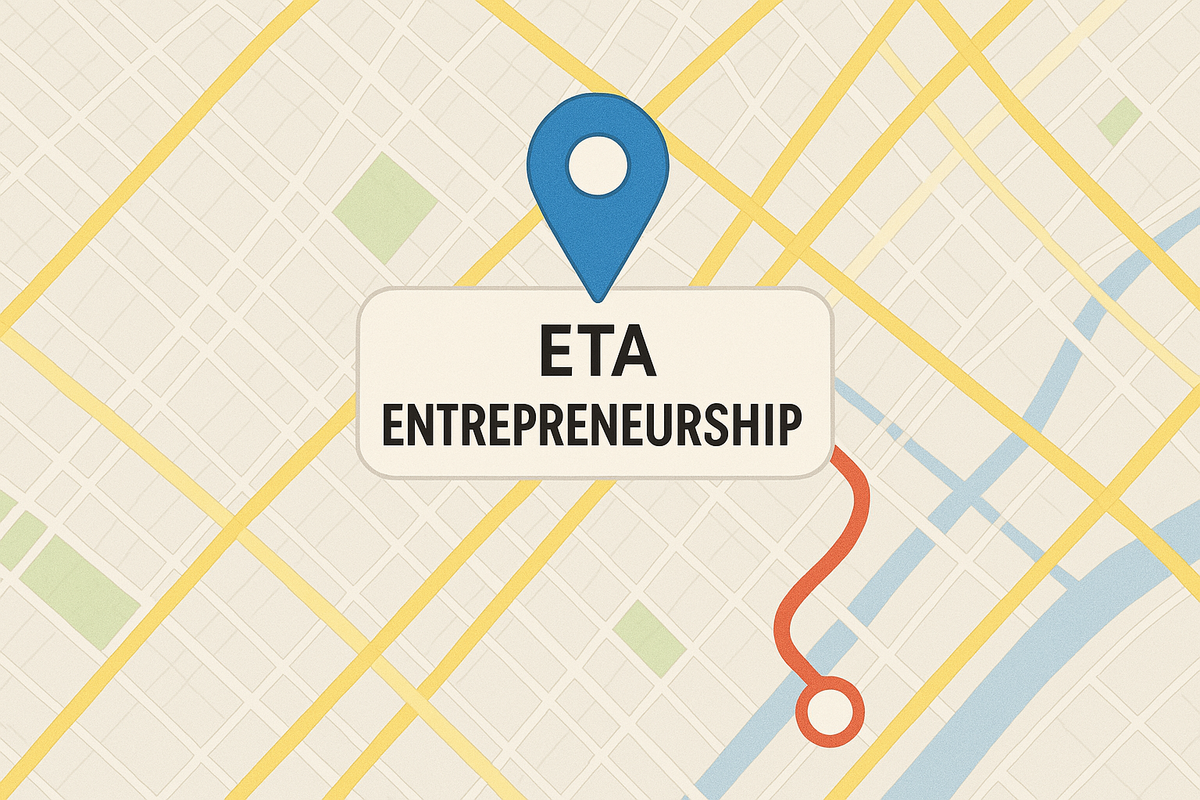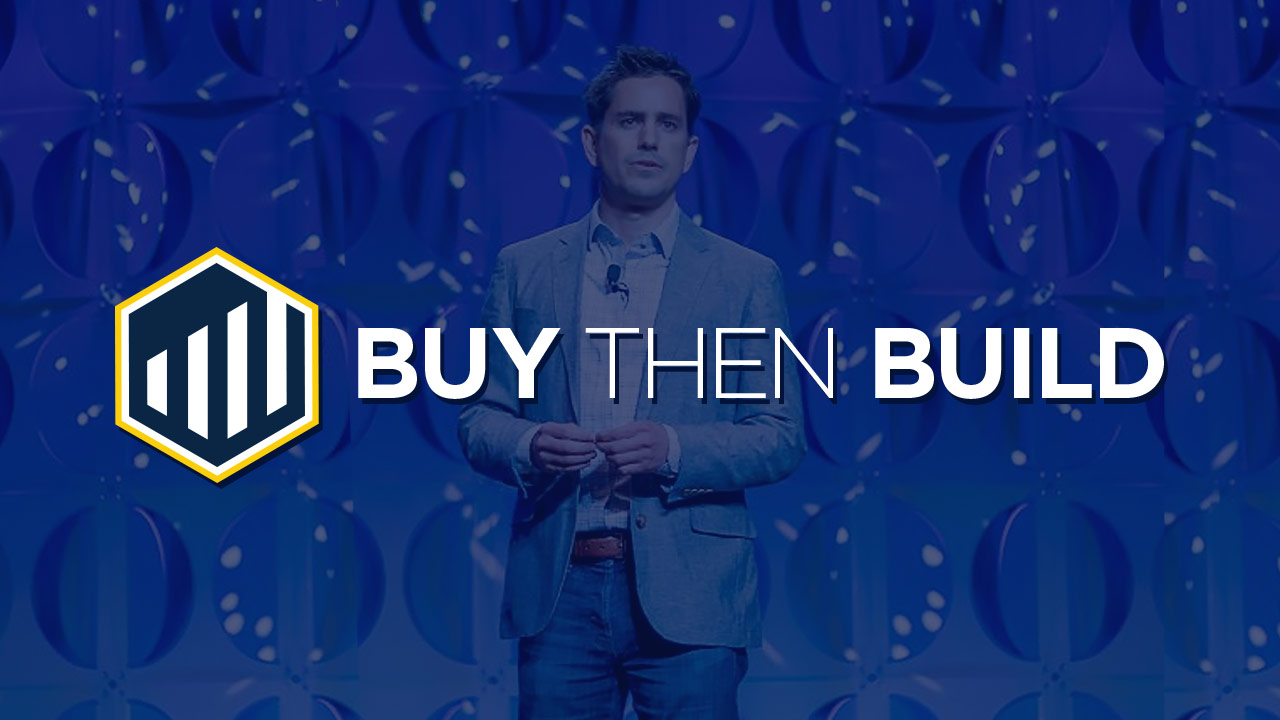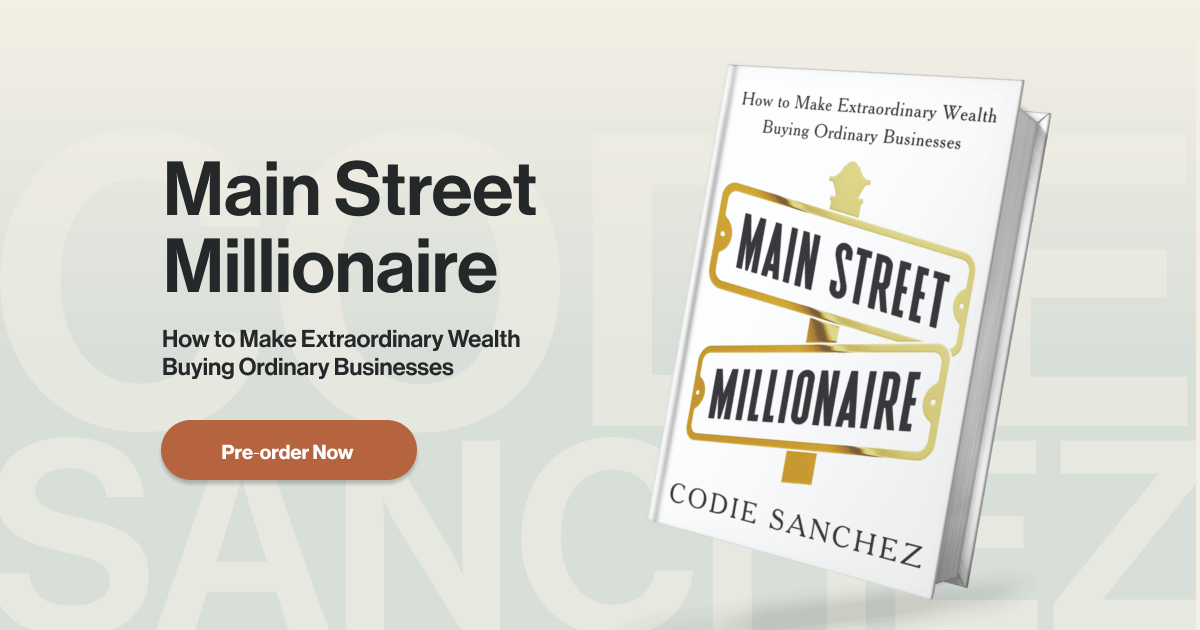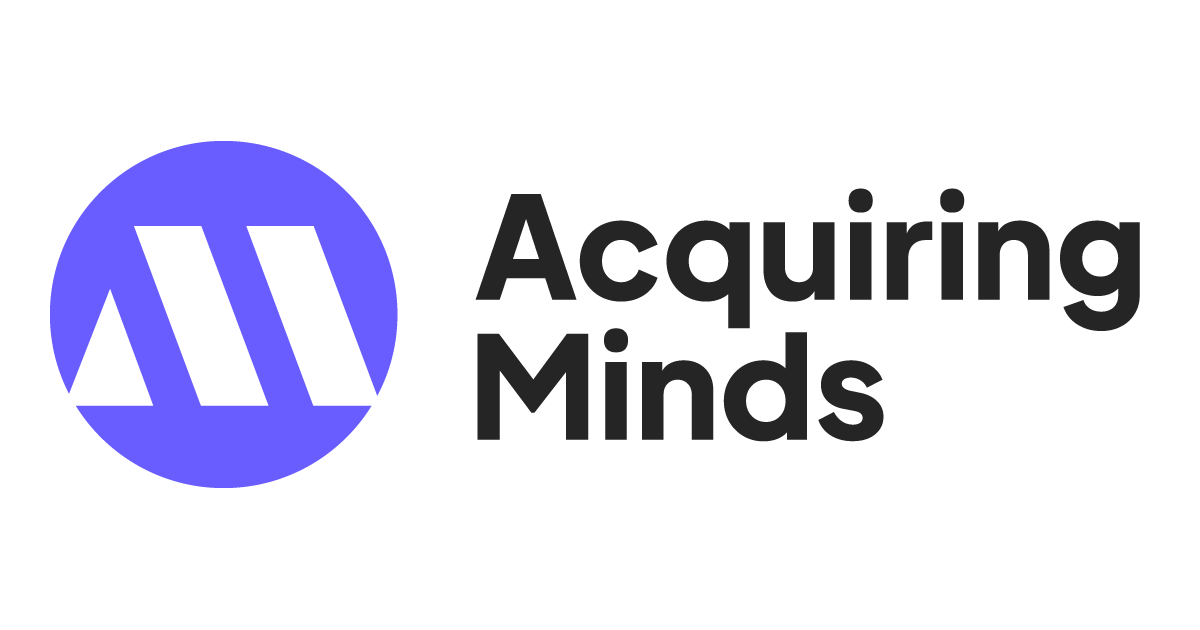ETA...skip the startup struggle to get to entrepreneurship faster

"So what business are you going to start?" This is the most common question I get in response to telling someone that I am going to buy a business.
I know what you are thinking, start and buy are not the same thing. Correct! This becomes more obvious when written out and bolded, so don't get too excited. But you see, when you tell someone you are going to "buy a business", they hear and think "start a business" because that is what we are all accustomed to hearing and reading about.
Now, don't get me wrong - I have come up with dozens, if not hundreds, of business ideas. Just ask my wife. She's even bought me journals hoping I would just file that random thought away and forget about it. "That's a great idea Paul, put that little thought right here in this handy dandy notebook and come back to it later." [She never said that...she's probably reading this rolling her eyes.]

Ironically, it was an idea she had that led to my first startup business (Thanks honey...she loves when I admit this). We started Radio Chatter in 2023, so it's not unreasonable to think I would do it again, but just not yet. I'll cover this journey in some other posts later.

So where were we? Ahh yes, this time I want to purchase an existing business.
What I have learned through education and now my short experience, is how many businesses are either for sale or would be sold by the owner to the right buyer (they just haven't figured out how to sell or know that they can sell).
Purchasing a business from someone to become an entrepreneur or small business owner is called Entrepreneurship Through Acquisition (ETA) - though, fair warning, it's not the best acronym to Google if your interested in this kind of ETA. Now does my cool AI image at the start of this post make sense? Get it? ETA. On a map. Like estimated time of arrival but it says entrepreneur? I'm so funny.
OK, back to it. So why would someone want to purchase a business? The answer is simple: most business startups fail (I think the common referenced number is 90%?!?!). When we think of starting a business, we think of the long hours, raising money, wearing all the hats the business needs, etc. This is a lot of work.
But what if you could find a business that has already passed this phase and has positive cashflow, existing customers, employees, process, etc? Even better, what happens if it even has an individual that runs most of the day to day operations? These businesses, especially those that are 10 years old or more (more is better generally), are likely to remain in business and not fail like a startup. This is why they are so attractive to someone like me.
So if you can skip the startup phase, you can leverage your own knowledge and experience to grow the business with less fear of the startup failure.
So if you are interested in this ETA concept after hearing a bit about it, there are a lot of resources available to you. Some of the ones that I have used to get my journey started include:
Buy Then Build (Book)

This is kind of the 'OG' book for ETA. It has a ton of good resources that go through the full process from finding a business through the full acquisition phase and even into the actual transition of the business from seller to buyer. It has detailed checklists and processes, so I recommend a hard or e-reader copy, not an audio book exclusively.
Some of my favorite quotes and ideas from this book include:
- As an acquisition entrepreneur, you're buying the company for the future, but you'll pay for the past.
- Your business has one thing that no other investment has. You. And you are the value creator.
- If a 10 percent growth rate is achievable in your business, then it will be twice the size it is today in just seven years.
- Having a growth mindset is often regarded as the number one predictor of entrepreneurial success.
Main Street Millionaire (Book)

This is a great motivational book. It cites similar opportunities and statistics as Buy Then Build but does not contain as much of the technical ins and outs, although it covers the full process like Buy Than Build. Compared to Buy Then Build, this book is more optimistic and encouraging - though she frequently reminds readers that this path is not for everyone.
Codie's niche is what is called "seller financing" and it means when you leverage the seller of the business to finance the purchase. Simply put, you pay the seller like the bank each month as you make money instead of taking the money all up front. Maybe I will cover this concept at a later date. Comment below if you are interested in hearing more about this!
Some of my favorite quotes and ideas from this book include:
- Your salary will never set you free. Your financial freedom can only come through ownership.
- At any given time, more than 60% of all business owners would consider selling for the right price, the right terms, to the right person.
- There are thousands of small businesses out there that are too small for private equity and no one to take them over in the family, so someone has to buy them or they will close.
- You buy profits, not problems. (meaning, we don't start by finding turnaround businesses that's losing money as inexperienced small business owners doing our first deal!).
A crazy thing about the quotes from this book is how true I have found them to be. I have been following Codie for about a year and before her book was even released, I reached out to my first business owner. The business was not for sale, but they were in my community and I knew the owner. I wanted to see what it was like owning a small business and find out how they and their family was so successful keeping it open for decades. Toward the end of the conversation, the owner stated they were considering selling within the year and would be interested in selling to me (I didn't even ask!). The reason? Their kids have their own jobs and lives and don't want to take over the business. Key themes that Codie often talks about!
Acquiring Minds (Podcast)

I listen to a lot of podcasts and have only got into this one recently. I added it here because sometimes you don't want to commit to a book but a few 30 minute or so podcasts are easy to consume on a long commute. I remember those days and commutes...you know, like from a few weeks ago. Yep, still don't miss them.
So there you have it, a quick intro about what it means to buy a business rather than start a business.
Let me know what you think of this article and topics you are interested in learning more about. Comment below or shoot me an email via paul [AT] paulgunnels [.] com.
Next time I will cover some more about my thought process of doing this as a side gig while holding down a W2 vs quitting the W2 to do it full-time.



